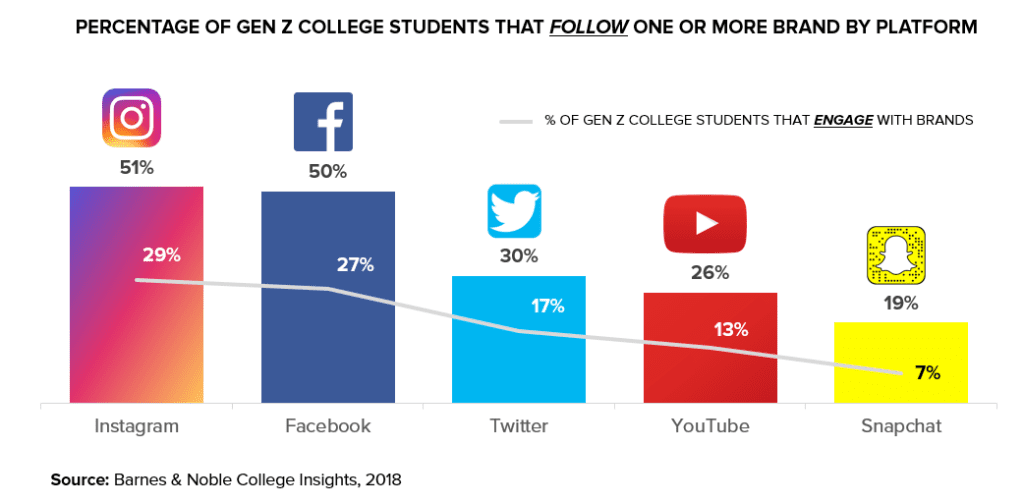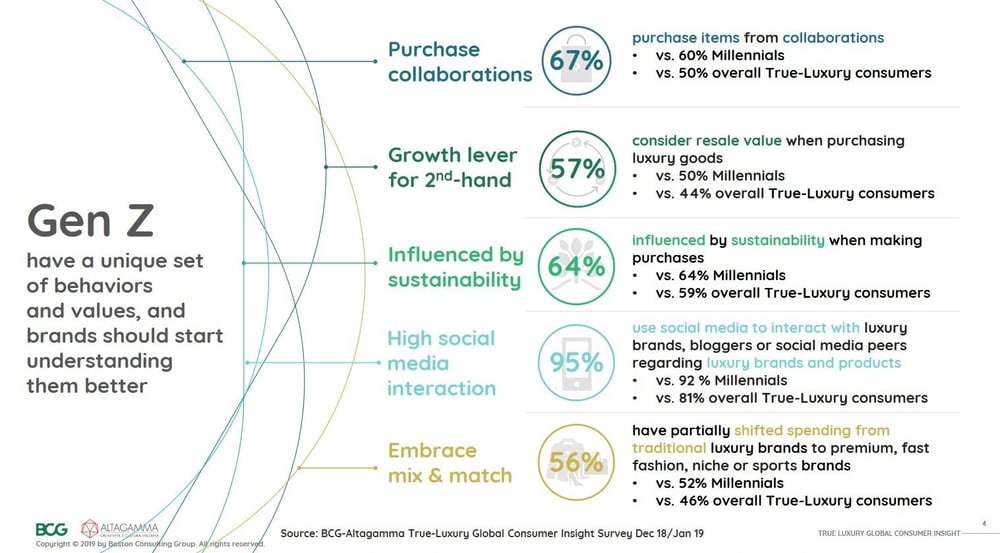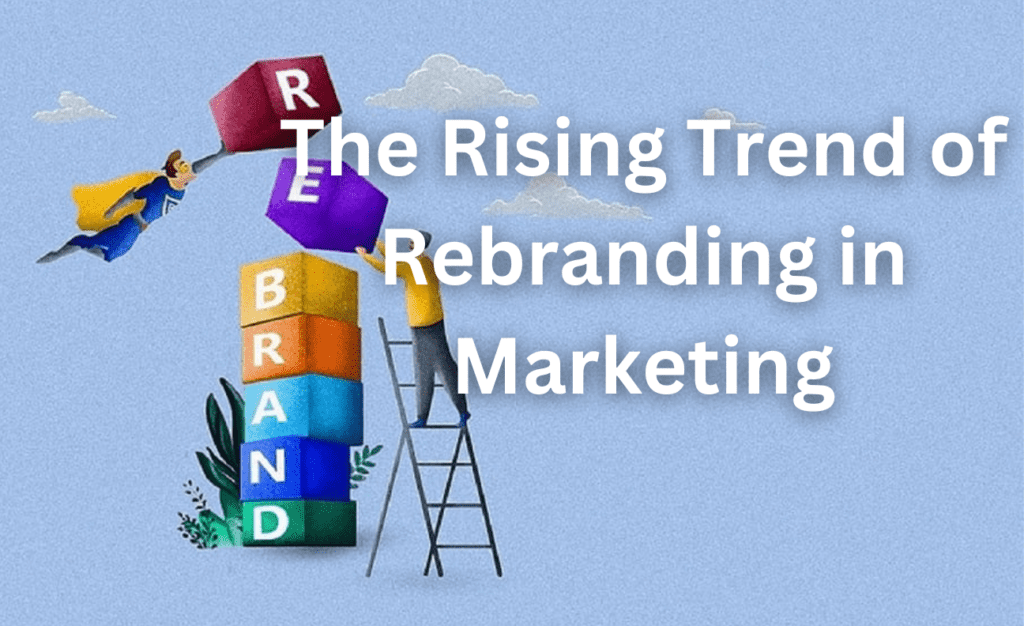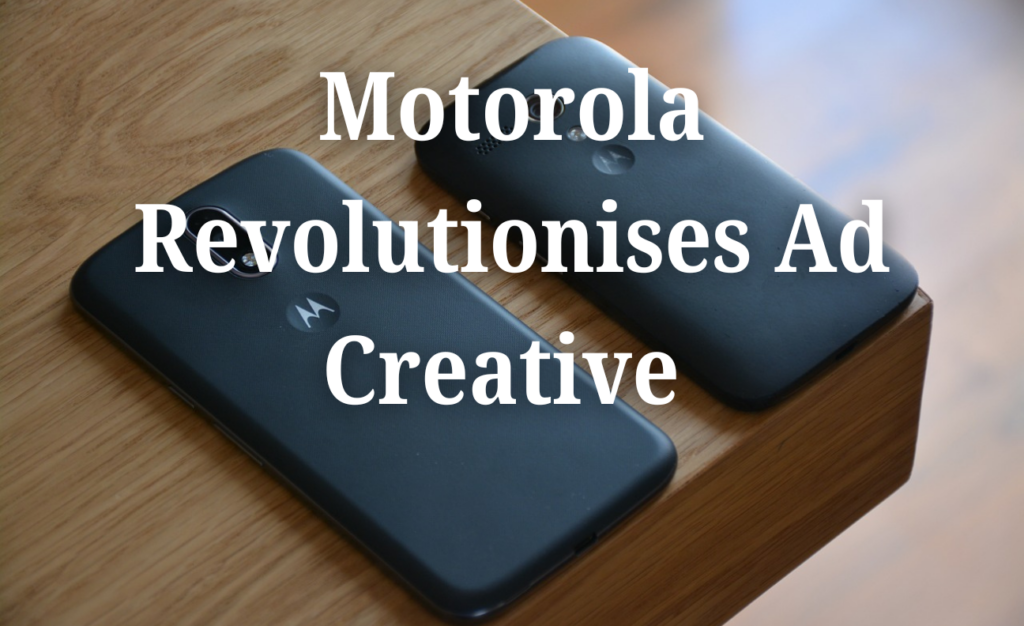Luxury items used to be reserved for the wealthy and well-connected, but that’s no longer the case. Thanks to social media, luxury fashion items are now being purchased by younger generations — Generation Y and Generation Z — who account for all of the luxury market’s expansion in 2022.
By 2030, Gen Z and the younger Generation Alpha are expected to comprise one-third of the luxury market. Let’s take a look at how this shift has come about.
Teens and Luxury Purchases
A recent report by Bain & Co has revealed that the next generation of luxury shoppers are wealthier and younger than ever before, with their purchasing habits projected to grow at an astonishing rate of three times more quickly than older generations in the coming decade.
Gen Z shoppers are beginning to shop for luxury goods – from purses and shoes, to watches, jewellery, clothing pieces and beauty items- 15 years old; three to five earlier than when millennials did at that age.
The Social Media Factor
It’s no secret that Gen Z and millennials are highly influenced by what they see on social media. From luxury brand sponsored posts, to influencers and their paid partnerships, luxury items have been placed front and centre in the feeds of millions of users worldwide who want those items for themselves.
Analysts attribute at least some of its growth to a surge in younger consumers using platforms like Instagram and TikTok to follow their favourite influencers. The endless scrolling of these sites means that young people have constant access to fashion trends and designer products that they may have not been aware of before. This has led them to become more informed about what’s “in style” and what products they should invest in if they want to stay ahead of the curve.
Gen Z Shoppers Lead The Way
The Gen Z shoppers are more attracted to luxury goods that offer personalization, customization and collaboration opportunities than their millennial counterparts. This goes to show that luxury brands will have to adapt their strategies if they want to target this new generation of shoppers.
These young consumers are also more likely to shop online or through mobile applications, as opposed to traditional brick-and-mortar stores. This reflects how much more connected young people are today due to social media — they’re able to find out information faster than ever before and make informed purchases quicker than ever before.
In addition, many Gen Z shoppers choose luxury brands because they identify with them on a personal level; for example, some brands offer eco-friendly or sustainable options that align with Gen Z values such as sustainability or ethical consumerism.

How Can Luxury Brands Adapt To This Evolution?
Luxury brands will have to continue finding ways to engage their young customers and make them feel included in the process. They can do this through offering more personalised experiences, collaborating with influencers who represent their target demographic, and giving back to communities through causes that align with Gen Z values.
Brands should also consider expanding their product range to include more affordable items that are still high-quality and exclusive.
Lastly, luxury brands should take advantage of social media platforms such as Instagram and TikTok to showcase their products in new ways. This will give them a chance to reach a wider audience, including young people who may not have previously been aware of their brand.

Conclusion
Overall, it’s clear that social media is playing a major role in transforming the luxury market into something much more accessible for younger generations. With Gen Z shoppers leading the way, there’s no telling just how big this market will become over time.
As more brands continue to emerge offering niche products tailored specifically towards this demographic group, we can expect even more growth in this sector as we move further into 2021 and beyond!









